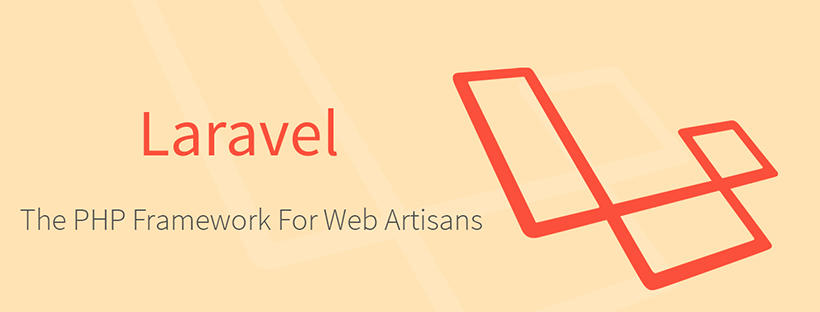Laravel is a free, open-source PHP web framework used for web application development. It is developed by Taylor Otwell and has been designed to make tasks such as routing, authentication, and caching easier for developers. Laravel is one of the most popular PHP frameworks, with many developers praising it for its simplicity, robust features, and elegant syntax.
One of the major advantages of using Laravel is its clean and expressive syntax. Laravel follows the MVC (Model-View-Controller) architectural pattern, which makes it easy for developers to organize and maintain their code. MVC also helps to ensure that the application is modular and scalable, as it separates the business logic from the presentation layer.
Laravel also comes with a built-in templating engine called Blade, which allows developers to create reusable and customizable templates. Blade templates are easy to read and understand, and they make it simple to create dynamic content for the application.
Another advantage of Laravel is its security features. Laravel has built-in protection against cross-site scripting (XSS) attacks, and it uses hashed and salted passwords to store user credentials. Laravel also has a built-in system for preventing cross-site request forgery (CSRF) attacks, which helps to keep your application secure from malicious users.
Laravel also has a powerful routing system, which makes it easy for developers to define and manage the routes for their application. Routing in Laravel is simple and intuitive, and it allows developers to create flexible and scalable routes for their application.
Laravel also comes with a built-in command-line interface (CLI) called Artisan, which allows developers to perform various tasks such as generating code, running tests, and managing the application's database. Artisan makes it easy for developers to perform common tasks without having to write complex code, and it helps to streamline the development process.
One of the most powerful features of Laravel is its built-in object-relational mapping (ORM) system called Eloquent. Eloquent makes it easy for developers to work with databases, as it allows them to define relationships between different models and interact with the database using simple, intuitive syntax. Eloquent also supports multiple database systems, including MySQL, PostgreSQL, and SQLite, making it easy for developers to work with the database of their choice.
Laravel also has a built-in task scheduler, which allows developers to define tasks that should be executed on a regular basis. This is useful for tasks such as sending emails, cleaning up old data, or performing maintenance on the application.
Laravel also has a built-in job queue system, which allows developers to defer the execution of certain tasks until a later time. This is useful for tasks that are resource-intensive or time-consuming, as it allows the application to respond to requests more quickly.
In addition to these built-in features, Laravel also has a large and active community of developers, who contribute to the framework and create packages and tools that extend its capabilities. This means that Laravel has a wide range of third-party libraries and tools that can be easily integrated into the application, making it easy for developers to add new features and functionality.
Overall, Laravel is a powerful and feature-rich PHP framework that makes it easy for developers to create robust and scalable web applications. Its clean and expressive syntax, built-in security features, and support for multiple database systems make it a popular choice for developers around the world.

